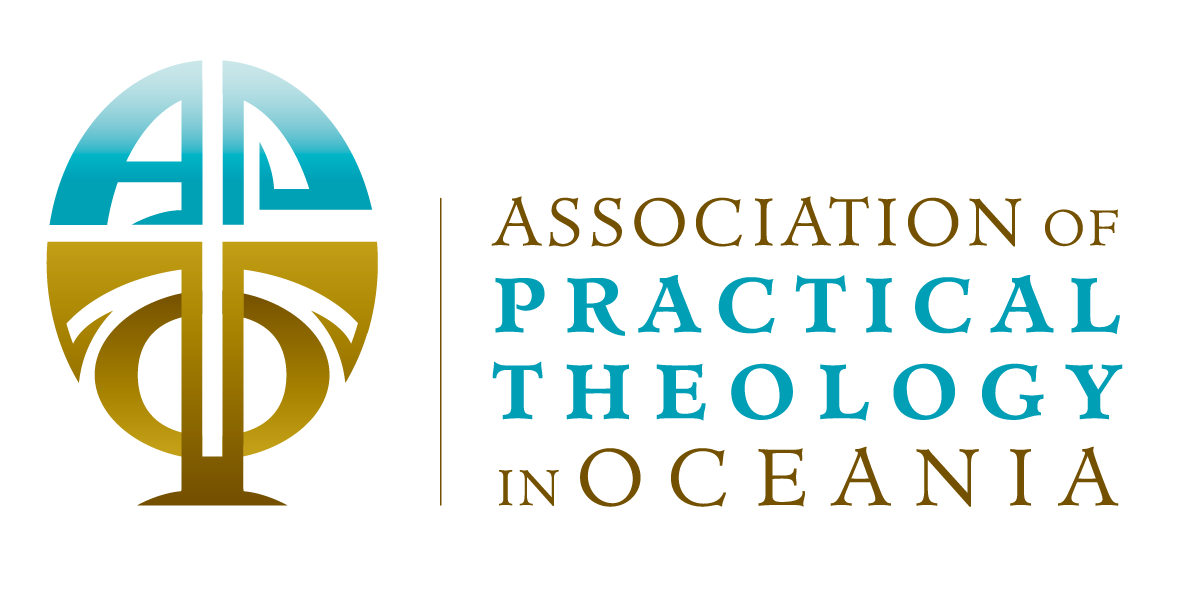

Discussion Time:
Location: Wirraway
Dialogue across the intra-theological spectrum is often fraught with anxiety, anger, frustration, and fear. Intra-theological dialogue can be particularly challenging in places like the United States, where theological positions are often tied to political affiliations and politicized issues. Nonviolent communication (NVC), developed by Marshall Rosenberg, is a method for fostering, repairing, and deepening relational connections, especially across lines of conflict and difference. This presentation looks at how theological leaders, religious educators and lay persons might employ the methods of NVC to slowly build relationships, understanding, empathy, and even partnership across intra-theological divides. It begins by discussing the principles and the core components of the NVC approach. It then explores how NVC can inform our understandings of theological dialogue, both in terms of aims and process, as well as reflects theologically on the practice of non-violent communication. It concludes by proposing that engaging in intra- and inter-theological dialogue from a posture of NVC can be understood as a vital spiritual practice in a diverse world.
The clerical sexual abuse crisis has been the defining issue of the Catholic Church for at least the last forty years. The crisis has given rise to a vast body of literature around the world, yet relatively little has been written about the views of ordinary Catholics, including Mass-attending Catholics. In Australia, representative samples of Mass attenders were asked for their views about clergy sexual abuse every five years between 1996 and 2016, first in the 1996 Catholic Church Life Survey (CCLS) and then in the National Church Life Surveys (NCLS) (2001-2016). In a paper presented at the APTO 2020 conference I demonstrated how attenders’ responses had changed over the period from 1996 to 2016. In this paper, I continue the investigation of the data by firstly constructing a scale which I call the Dissatisfaction Score to show how attender dissatisfaction has grown over the 20 year period of the investigation, and secondly by using multivariate analysis to explore how demography, parish involvement and personal faith characteristics influence Mass attenders’ attitudes to the crisis. The analysis shows that demographic factors account for very little of the variation in responses; far more influential is attenders’ frequency of attendance at Mass and their level of involvement in the life of their parish, factors which were themselves outweighed by variables related to personal faith and spirituality. This presentation can be thought of as Part B of the presentation I gave at the 2020 APTO conference. The 2020 slides accompany this presentation for those who are interested in further details.